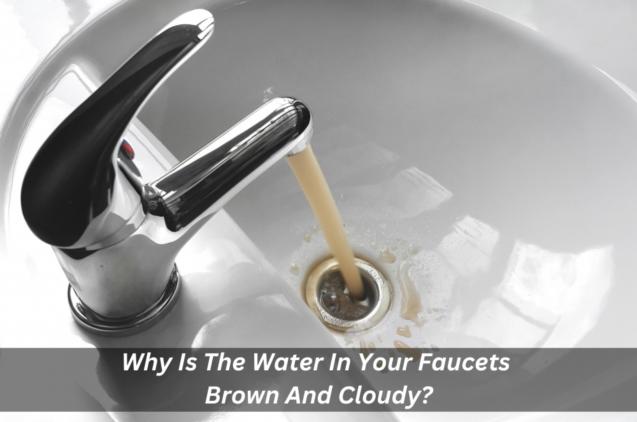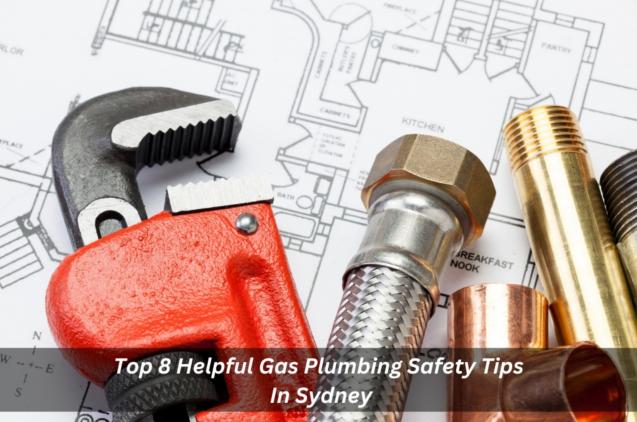
What Are The Basics Of Plumbing?
Plumbing is one of those things that everyone should know how to do, but many homeowners aren't sure where to begin. Whether you want to build a deck, replace a kitchen faucet, or repair leaky pipes, you'll want to prepare carefully before starting construction.
Toilet installation typically requires basic tools such as wrenches, pliers, and screwdrivers. For sinks, you'll also need a tape measure. If you'd rather hire someone else, look for plumbers near you who offer referrals at local hardware stores. If you are looking to improve drainage around your house, you might consider hiring a certified drain cleaning company.
This service can be effective when the sewer line has become clogged with debris. It will remove all the blockages from the main sewer line so that the sewage no longer backs up into your home.
A local plumber can help fix nearly any issue with your plumbing system. Common issues include:
- Water leaks / Leak Detection
- Drain and Sewer Clogs
- Burst pipes
- Water Heater Repair / Gas Hot Water System
- Hot Tubs & Spas
- Sinks & Faucets
- Showers/Tub Replacement
- Septic Tank Pumping
- Blocked Toilet / Blocked Drain
- Pipe Relining
Basics of Plumbing
Which part of plumbing is considered dangerous? What should you not touch during installation? Are there any common myths about plumbing?
Plumbing requires specialized tools and equipment, but even a novice can master some basics. First things first, let's learn the difference between copper, galvanized steel, PVC, CPVC, rigid pipe, flexible tubing, pressure piping and drain lines.
The next step is to get the whole system ready for operation. And that means attaching valves, installing fixtures, measuring water supply pressure and testing drains.
Plumbing professionals use a variety of tools including soldering irons, wrenches, pliers and other hand tools, test kits, flow meters, thermometers, strainers, brushes, and gauges. Some people also own personal protective gear like goggles, gloves, dust masks, ear plugs and boots. To keep their hands clean while they work, plumbers wear rubber-coated aprons.
They also carry buckets, rags, sponges and plunger extensions. In addition to these general-use items, plumbers often purchase specialty tools specific to their trade. These include:
- Soldering tools
- Pipe benders
- Caulking guns
- Blasting caps
- Cleanup supplies
- Gauges
- Test kits
- Soap dispensers
- Vacuum tanks
- Residential Plumbing
- Commercial Plumbing
- Industrial Plumbing
- Heating and Air Conditioning (HVAC)
- Outdoor Irrigation
Plumbing Emergency Services
Why hire a professional instead of doing it yourself? Do you know how to replace a washer after a clog? Do you have experience repairing a kitchen sink? If so, you might be able to handle minor repairs on your own.
However, most plumbing jobs require expert attention. It is highly recommended to call in emergency plumbers to do a great job in troubleshooting all your big or small emergency plumbing problems and have experience dealing with tough plumbing work.
A professional will have access to better tools and equipment than you could buy at home improvement stores. He or she may also have insurance to cover damages caused by improper workmanship. Before hiring anyone to fix leaking taps, check online reviews or ask neighbours about their experiences.



